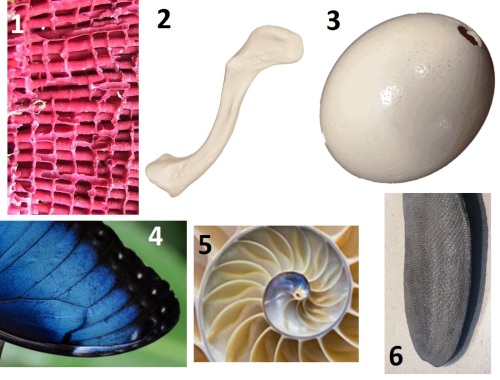I’m freshly back from this year’s Museum Association conference with some thoughts to share. The reason why conferences are so great, and I’m fortunate that both UCL and Oxford University Museum of Natural History have supported conference attendance, is that the discussions, talks and networking can restore some of the fire in the belly that the day-to-day rat race can sometimes erode.
One of the worrying undercurrents of this year’s conference was that specialist knowledge in the workforce was perhaps not essential in a climate in which many museums are having to knuckle down and weather economic cuts. Curators are dead, we were told. Subject specialist knowledge was a tertiary concern over good managers and communicators. Collections were a dirty word throughout many sessions. Museum directors, consultants, leaders, policy makers and funding bodies intimated or explicitly saw collections and curators as emblematic of the boring museums of the past. In one session it seemed that to save museums, you should piece by piece replace them so they no longer were museums.
Obviously, some of these comments are presented here out of context but I do think with the soap box of a big conference some people have lost sight of the expertise and knowledge we have in our museums.
I’ve chosen 6 natural history objects and asked 32 questions below. I ask that museum professionals of all walks have a stab at genuinely answering them using any means necessary; use the Internet, ask a friend, cheat if you will. but I can assure you that your friendly neighbourhood natural history curator/collections manager could answer each of these questions in a heartbeat, mostly without needing to consult a single resource. These are easy. Outsourcing expertise was suggested as a solution but I’d contend that actually, your average biology professor would struggle with half of these questions. Lastly, before the experiment, natural history is my patch but I’m sure art historians, archaeologists, historians, musicians, ethnographers could come up with their own versions (and please do). I’ll publish the ‘answers’ in a couple of weeks but that’s not the point.
- What are these objects?
- What are their binomial names?
- What are they made out of?
- Which ones are illegal to own?
- Which ones are unethical to own?
- Which ones need a license to display?
- Which ones are marine?
- Which ones are real?
- What country do they come from?
- Which ones are animals?
- Which ones are dangerous to touch?
- Which ones should be handled with PPE?
- If presented with these by a visitor, which ones might you phone the police about?
- Which ones are okay to buy on eBay?
- What would you need to do to send these to America?
- If it came to it, which are edible?
- Which ones are extinct?
- How big are they?
- Which ones are complete?
- Which ones are adults?
- Which ones can you buy in a supermarket?
- Which ones are mammals?
- Which ones aren’t British?
- Which ones are valuable?
- Which are illegal to sell?
- Which are okay to use on a postcard?
- If you were told these were recently collected in Brazil, what paperwork would you ask to see?
- How many parts can you name?
- Which ones can you freeze?
- Which ones are farmed?
- Which ones have sexes? Which ones can you sex?
- What colour is the blue one?
As I said above, most natural history museum professionals can answer these without thinking, do a hundred times a day and there’s nobody else who can, that knowledge and expertise doesn’t exist elsewhere. I’m not saying that subject specialist knowledge is the be all and end all but perhaps it’s used so much that we need a reminder of what it actually means. This simple example demonstrates the asset that the people, the curators, the subject specialists we have in natural history museums are and this is what we dismiss, Curators are dead, long live curators.
This will probably only get as far as my network of natural historians so please do share as widely as possible!
We have some absolutely fantastic natural historian colleagues who work in UK institutions who are this subject specialist knowledge and then some; managers, orators, administrators, politicians, grafters, intellectuals, trainers, mentors, leaders, advocates, researchers, role models, scientists, artists and scholars. You know who you are and this is a shout out to you!
UPDATE: 26/02/2016 The first round of ‘the answers’ is posted here.


See also PRELIMINARY QUANTIFICATION OF CURATOR SUCCESS IN LIFE SCIENCE NATURAL HISTORY COLLECTIONS BY JESSA L. WATTERS & CAMERON D. SILER
Click to access CLS_JMS_Dec2014_web.pdf
LikeLiked by 1 person
Pingback: Whewell’s Gazette: Year 2, Vol. #17 | Whewell's Ghost
Pingback: NatSCA Digital Digest | NatSCA
Pingback: Subject Specialist Knowledge: The Answers Part 1 | Fistful Of Cinctans